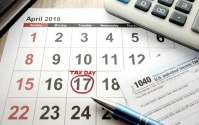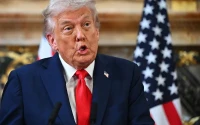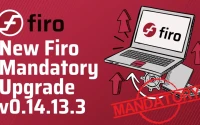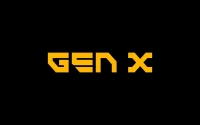Beyond the Code: Apple's Choice Between Platform and Principle
I’ve always believed that the most profound technologies aren’t just about circuits and code; they’re about the human values we embed within them. They are reflections of our aspirations, our ethics, and, ultimately, our courage. For years, I’ve pointed to Apple as a North Star in this regard—a company that seemed to understand its role not just as a maker of beautiful objects, but as a custodian of personal freedom in a digital age.
Then came ICEBlock. And with it, a gut-wrenching question that I believe is being debated in the quiet halls of Cupertino right now: What is the soul of Apple worth?
This isn't just about a single app. This is about a moment of truth. When a former 20-year Apple veteran, Wiley Hodges, writes an open letter to Tim Cook, it isn’t just a disgruntled employee airing grievances. It’s a distress flare, fired from the heart of a culture he helped build. He’s asking the same thing we all are: What happened to the company that stared down the FBI?
The Digital Town Square Gets a Visit from the Mob
Let’s be crystal clear about what ICEBlock was. It wasn't malware. It didn't steal your data. It was an information-sharing tool, a digital neighborhood watch created to alert communities to the presence of ICE operations—operations that had, by many accounts, become terrifyingly aggressive, sweeping up legal residents and even U.S. citizens. You can debate the politics, but the technology itself was simple: it was speech, facilitated by code.
The government's reaction was something out of a gangster film. Threats of prosecution for journalists who even reported on the app. A chilling "you better watch out" message to its developer, Joshua Aaron. This wasn't a legal proceeding; it was a back-alley shakedown. And when Attorney General Pam Bondi "demanded" Apple remove the app, claiming it endangered agents—a claim the developer calls "patently false"—Apple folded.
When I first read Apple's justification, I honestly just sat back in my chair, speechless. "Based on information we’ve received from law enforcement..." The vagueness is the most damning part. No court order. No due process. Just a demand from an administration known for its hostility to dissent, and a capitulation from the world's most powerful company.
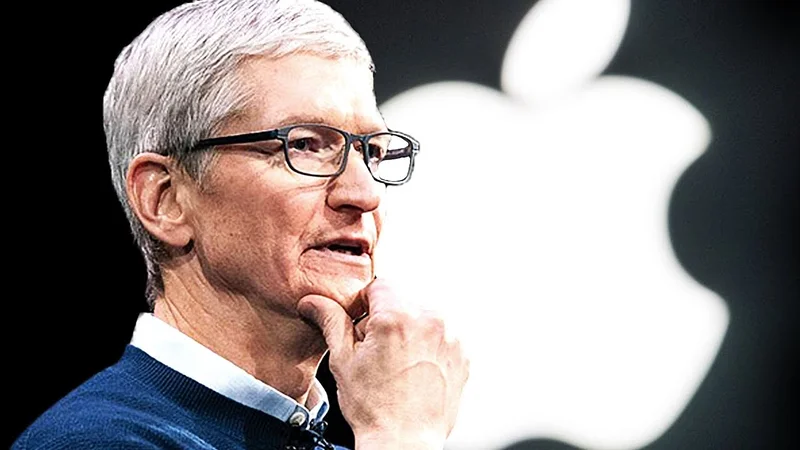
This is where we have to pause and ask ourselves a fundamental question. Is the App Store a marketplace, or is it the new town square? If it's the latter—the place where we now gather, speak, and organize—then Apple isn't just a shopkeeper. It's the guardian of that square. Kicking out a speaker because a powerful official doesn't like their message isn't curation; it's censorship. It’s like a librarian burning a book because the mayor called and said it was dangerous, without ever having to prove it in a court of law. What other books will they come for next?
A Legacy on the Line
This is what makes Wiley Hodges' letter—as detailed in Ex veteran Apple marketing exec challenges Tim Cook on ICEBlock—so poignant and so powerful. He reminds Tim Cook of what I consider to be Apple's finest hour: the battle against the FBI over the San Bernardino iPhone. Back then, the government demanded Apple build a "backdoor" to its own security. Hodges calls it a "risky stand that was in keeping with the principles you had articulated"—in simpler terms, he's talking about Apple’s refusal to create a master key that could, in the wrong hands, unlock the private lives of every single one of us. It was a stand for a principle so fundamental it defined the company for a decade.
Against that backdrop, the ICEBlock decision feels like a catastrophic failure of nerve. This is the moment where the abstract ideals of a company mission statement meet the messy reality of political power, and you realize the values that are truly non-negotiable are the ones you're willing to fight for when it's inconvenient, unpopular, and maybe even a little bit risky.
We know Tim Cook is a man of deep personal integrity. We’ve heard the incredible story of him offering a part of his own liver to a dying Steve Jobs—an act of profound loyalty and love. Jobs, in his own inimitable way, refused. But the offer itself speaks volumes. It reveals a man with a powerful inner compass.
So where was that compass here? Is the man who would literally give a piece of himself to save a friend the same one who would sacrifice a core company principle to appease a threat that likely would have crumbled under the slightest legal scrutiny? That’s the disconnect I can’t square. It’s the question that hangs in the air, unanswered, as the silence from Apple’s boardroom grows louder every day.
A Choice Written in Silicon
This isn't just about one app anymore. This is a defining moment for the entire digital ecosystem. We are at a crossroads where the great platforms of our time must decide what they are. Are they merely tools, amoral and compliant, bending to the will of the most powerful voice in the room? Or are they the custodians of a new kind of liberty, with a duty to protect the speech and safety of the hundreds of millions who inhabit their worlds?
Apple has to make a choice. It can be the company that builds beautiful, locked-down gardens for our digital lives, but where the gardeners will evict you at the first sign of trouble. Or it can be the company that remembers its stand against the FBI, the one that believes its principles are encoded as deeply as its operating system. The world is watching, Tim. Your next move will tell us who you—and Apple—truly are.




